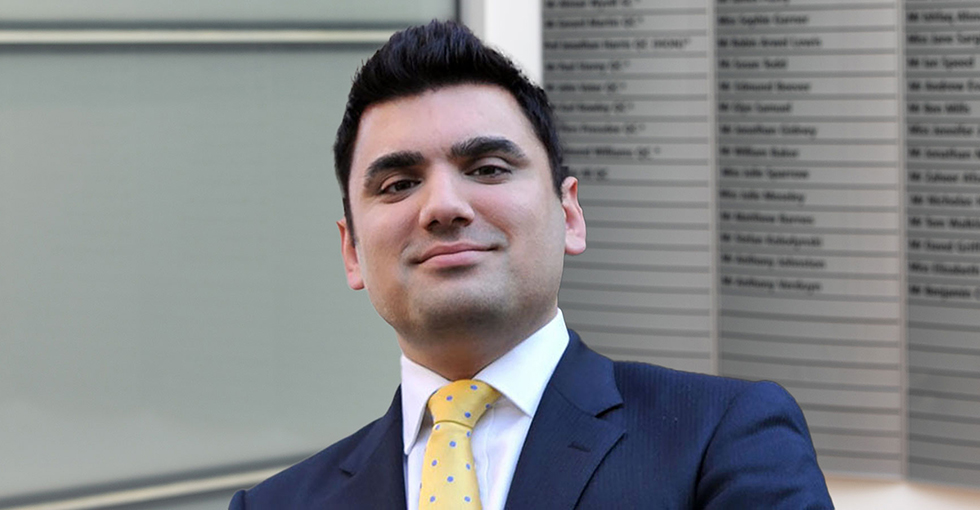Welcome to the third quarterly case update for 2024 from the Probate and Trusts team at St Philips.
We hope that you find it helpful and informative. This update has been written by Christopher Buckingham. General enquiries can be sent to: commercial@st-philips.com.
Privy Council
Flowers v Scavella [2024] UKPC 25: Appeal against a decision of the Court of Appeal of The Bahamas on the Bahamian equivalent of s 35 of the Administration of Estates Act 1925 (essentially providing that a charge on an asset of a deceased person should be discharged from that asset (absent contrary intention).
The Deceased’s surviving (second) wife used the proceeds of a life insurance policy to reduce the mortgage debt against a property which had been owned on a joint tenancy with the Deceased.
The Privy Council dismissed the appeal, agreeing that the statutory provision was not applicable to an asset which had been held on a joint tenancy, the Deceased’s interest in which was (as a matter of law) extinguished on the death of the first co-owner.
High Court
Cisse v Diene [2024] EWHC 1717 (Ch): Successful claim brought by a professional footballer against his agent to set aside a declaration of trust over certain properties on the basis of undue influence. An account was also ordered in respect of one property and bank accounts to which the agent had access.
Bond v Webster [2024] EWHC 1972 (Ch): High value dispute in which 4 siblings variously contended for the validity of a 2019 Will/2017 Will. The judgment contains a clear summary of the law on testamentary capacity and knowledge & approval from [464]. Green J pronounced against the later Will on grounds of lack of capacity.
Coulson v Paul [2024] EWHC 2021 (Ch): Claim in which the biological daughter (later adopted) of the Deceased’s son sought to argue that she was a surviving child within the meaning of a Will. Held: By virtue of s 67 of the Adoption and Children Act 2002 the claimant was not the legal daughter of the Deceased’s son and there was no contrary indication to justify an interpretation that the Claimant should benefit.
Fox v Bent [2024] EWHC 2179 (Ch): Unsuccessful appeal against a finding of an ICC Judge that a property of a bankrupt was held on constructive trust for his daughter (a minor at all material times). Most notable for Edwin Johnson J’s discussion from [115] as to whether such a trust could arise where the alleged beneficiary was only 2 years old at the time it said to come into existence; held that it could because minor was privy to the common intention through agency of her mother (similarly, reliance and detriment were suffered by the minor through the agency of her mother).
High Court Continued
Nilsson v Cynberg [2024] EWHC 2164 (Ch): Unsuccessful appeal in which it was confirmed that an express declaration of trust could be superseded by a common intention constructive trust. There is a useful review of the authorities from Stack v Dowden onwards [32]. The case has generated much commentary but is not, given the prior authorities, particularly surprising.
Jassal v Shah [2024] EWHC 2214 (Ch): Inheritance Act case in which it was held that an applicant’s litigation costs ought not to have been considered as part of the substantive award.
Lesson v McPherson [2024] EWHC 2277 (Ch): Widely reported decision in which, despite an acquittal in the Crown Court, the Defendant was found to have unlawfully killed the Deceased. By virtue of the forfeiture rule, the Defendant was not entitled to benefit under the Deceased’s intestacy/Will/otherwise.
Oliver v Oliver [2024] EWHC 2289 (Ch): Decision of HHJ Matthews in which a later Will was pronounced against on the basis of incapacity (third and fourth limbs of Banks v Goodfellow), and, an unusual finding (in the alternative) of undue influence. The Court did not need to consider a separate claim under the Inheritance Act.
Decisions of High Court Matters
Angelova v Kershaw [2024] EWHC 1830 (Ch): Successful claim to rectify a clause in a Will under s 20 AJA 1985 to change the description of a beneficiary from “provided that we are married at the date of my death” to “whether or not we are married at the date of my death”.
Wedgwood v Hosein [2024] EWHC 1836 (Ch): Interesting judgment considering the relevant principles to be applied where Beddoe relief is sought and relief under s 284 of the Insolvency Act 1986 (in the context of a potentially insolvent estate). Held: Inappropriate to give sole consideration to the interests of creditors (per the Insolvency PD), rather, regard has to be paid to the interests of both creditors and beneficiaries.
Marcus v Marcus [2024] 2086 (Ch): Case as to whether the Defendant was the biological son of a settlor, and, if not, whether he was entitled to benefit under a particular Settlement. Held: the settlor was not the Defendant’s father, however, on a true construction of the settlement, the word “children”included the Defendant.
Fold Farm Trustees Limited v Sydney Cutts [2024] 2143 (Ch): Judgment on costs following a blessing application, recording at [27] that a failure to comply with CPR PD 3E (costs capping) was not relevant in determining the principle of costs in relation to beneficiaries. Held: the trustees’ costs would be paid from the trust fund on the indemnity basis. The presumption that opposing beneficiaries would recover costs from the fund was rebutted by virtue of their unreasonable conduct, justifying a reduction of 20%.
Parker v Parker-Bowyer [2024] 2239 (Ch): Widely reported case concerning whether or not a valuable residential property was held on constructive trust by a son for a father. Held: the father had transferred the property to the son subject to an agreement that he would retain a life interest, and this gave rise to a common intention constructive trust (notwithstanding father having sworn a statutory declaration that he had no interest). Gavin McLeod of St Philips appeared for the successful party.
Disclaimer: This article has been prepared for informational purposes only, is general in its nature and should not be construed and/or relied upon as giving legal advice.










